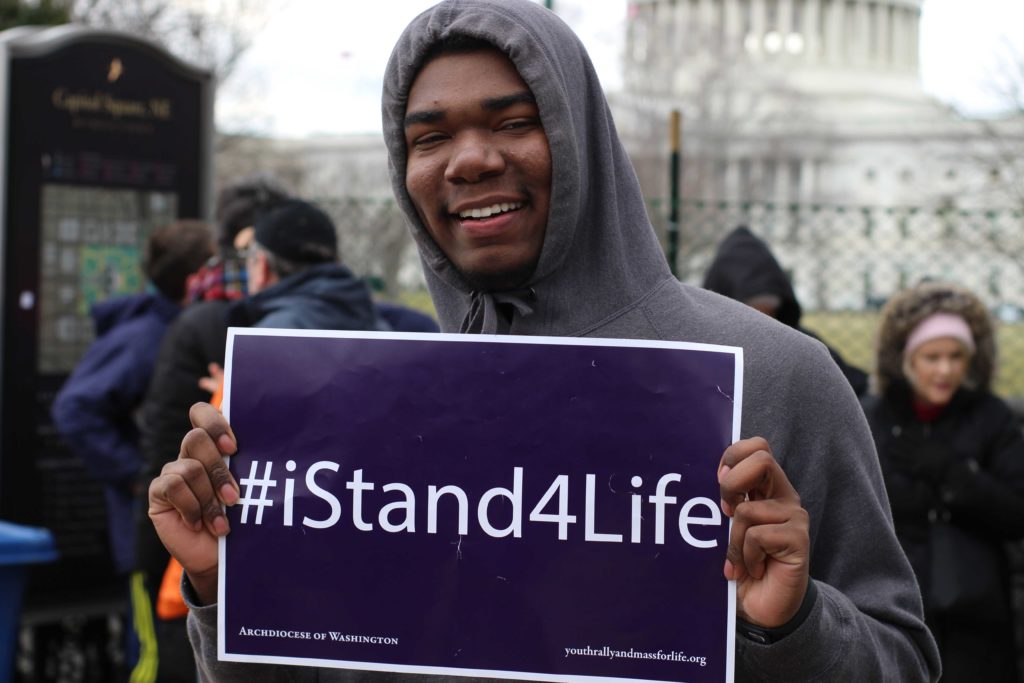A Michigan pro-life advocate must be allowed to carry his signs on city sidewalks, a judge ruled in a decision against the city.
The Macomb Daily reports city officials in Center Line, Michigan prohibited resident Michael Mattia from carrying his pro-life signs on city sidewalks in 2016, arguing that they were disturbing the peace on a “psychological level.”
Mattia carried signs showing images of aborted babies, along with phrases such as “Abortion: God Forgives and Heals” and “Women Do Regret Abortion,” according to the report.
Judge David Lawson blocked the city from enforcing its ordinance, arguing that it violated Mattia’s freedom of speech, according to the report. Lawson’s ruling is temporary; a trial is scheduled for May 9 in federal court.
“A complete ban on sidewalk signs cannot be said to leave open any alternative channels of communication. … Mattia has demonstrated the likelihood of success on his as-applied challenge to (the sign ordinance) because of the breadth of the ordinance and its panoptic muffling effect,” the judge wrote on Dec. 18.
Here’s more from the report:
The incident occurred Aug. 26, 2016, when Mattia carried a sign that included the images of aborted fetuses along with phrases such as, “Abortion: God Forgives and Heals,” “Women Do Regret Abortion” and “Men Regret Lost Fatherhood” on both sides.
Click here to sign up for pro-life news alerts from LifeNews.com
A woman approached him carrying a sign, “Don’t listen to his guy,” with an arrow pointing to Mattia. Within about an hour, two police officers approached Mattia and after much discussion Mattia left “believing he could not convey his message without his sign and fearing arrest,” Lawson says.
The city informed Mattia of the sign ban in an October 2016 reply to a letter from Mattia’s attorney.
Governments across the world have been trying to ban pro-life advocates from protesting and sidewalk counseling through buffer zones and other measures. In England, Australia and Canada especially, abortion activists have been trying to essentially silence pro-lifers who reach out to women outside abortion facilities.
However, a number of American courts, including the U.S. Supreme Court, have issued rulings against these prohibitive buffer zones. In 2014 in a unanimous decision, the Supreme Court struck down a Massachusetts buffer zone law that prohibited pro-life free speech outside abortion clinics.
The Massachusetts law created a 35-foot buffer zone restricting pro-life advocates from speaking with people entering or exiting abortion facilities. Saying the abortion buffer zone was “inconsistent with the First Amendment,” the Supreme Court ruled that it violated the First Amendment because it “restricts access to ‘public way[s]’ and ‘sidewalk[s],’ places that have traditionally been open for speech activities.”
However, the high court’s decision did not apply to all buffer zones. Pro-lifers are involved in several on-going lawsuits challenging buffer zones in other cities across the U.S.
LifeNews Note: File photo.








